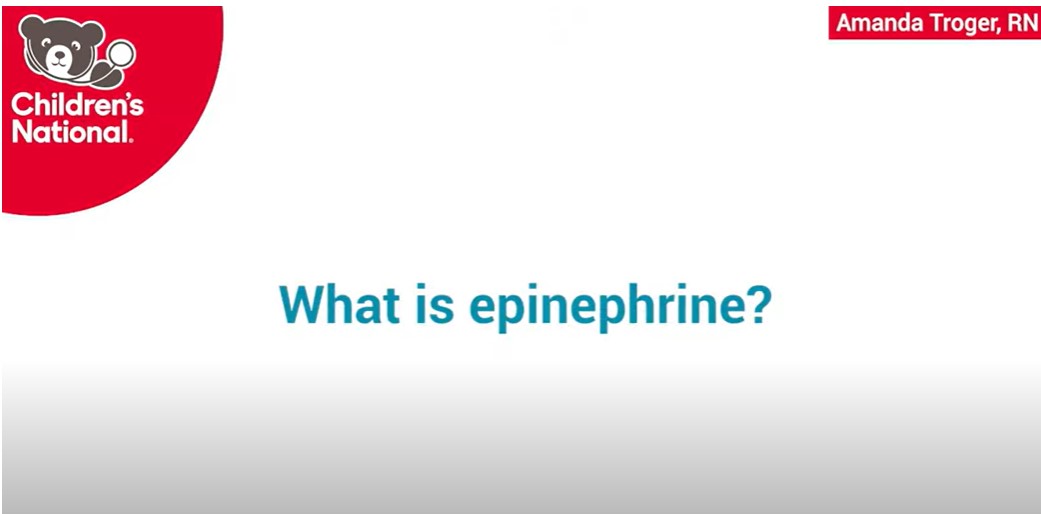Asthma Management Resources
Common Asthma Triggers (PDFs)
- Allergies and Asthma (English) (Spanish)
- Asthma Friendly Cleaning Options (English) (Spanish)
- Asthma Management at Daycare (English)
- Asthma Triggers at School (English)
- Colds and Flu (English) (Spanish)
- Facts about the Flu and Asthma (English) (Spanish)
- HEPA Filter Information (English)
- Mold and Asthma (English) (Spanish)
- No Pets Sign (English) (Spanish)
- No Smoking Sign (English) (Spanish)
- Pests and Asthma (English) (Spanish)
- Pets and Asthma (English) (Spanish)
- Safe Sleeping Zone (English) (Spanish)
- Smoking and Asthma (English) (Spanish)
Medication and Device Instructions (PDFs)
Related Information (PDFs)
- Anaphylaxis Action Plan (English)
- Asthma Action Plan (English) (Spanish)
- Asthma and Your Lungs (English)
- Asthma: A Guide for Patients and Families (English) (Spanish)
- Family Goals for Managing Asthma (English) (Spanish)
- Signs of an Asthma Flare-Up (English) (Spanish)
- Tips and Reminders from your Clinic Visit (English)
- What is IMPACT DC? (English) (Spanish)


Asthma Tips and Reminders
Read these asthma care reminders to help you take care of your child at home.
Epinephrine Explained with Amanda Troger
Epinephrine, also known as adrenaline, is used to save lives, often treating dangerous allergic reactions. Learn more about its use.

Frequently Asked Questions about Asthma
If my child has asthma, can he/she participate in sports?
Exercise, such as running, may trigger an asthma attack in the majority of children with asthma. However, with proper management of your child's asthma, your child with asthma can maintain full participation in most sports. Aerobic exercise actually improves airway function by strengthening breathing muscles. Some tips for exercising with asthma include the following:
- Have your child stretch before and after exercising, breathing through the nose and not the mouth to warm and humidify the air before it enters the airways.
- Give your child asthma medication before exercising, as recommended by your child's physician.
- Have your child carry a reliever or reserve medications, just in case of an asthma attack.
- During cold weather, have your child wear a scarf over the mouth and nose, so that the air breathed in is warm and easier to inhale.
Asthma and school
Some children with asthma may need to take their medications during school hours. It is important that the child, family, physician and school staff all work together toward meeting the child's asthma treatment goals. To ensure optimal asthma care for your child at school, the American Academy of Allergy, Asthma and Immunology recommends the following:
- Meet with teachers, school nurse and other relevant school staff to inform them about your child's condition and unique needs.
- Educate school personnel on your child's asthma medications and how to assist during an asthma attack.
- Ask school staff to treat your child normally when the asthma is under control.
- Before starting a physical education class, educate that teacher or coach on exercise-induced asthma.
- Check indoor air quality, allergens and irritants in the school.
- Take steps to prevent asthma symptoms from starting that could hamper your child's energy level.
- Ensure your child's emotional well-being by reassuring him/her that asthma does not have to slow him/her down or make him/her different from the other children.
Giving your child control of asthma throughout the years
It is very important to be honest with your child about his/her disease, the severity of the disease and the use of medications. Always remember as your child grows, independence is an important goal for a child. They do not want to be different, yet they will need guidance and supervision on any restrictions they might have.
Toddlers
This age group relies completely on the parents. They understand little about the disease. The most important factor with this age group is to try to make medication time a fun one, while stressing the importance of taking the medications. Let them assist in any way possible.
School-aged
This group has an increased ability to understand their disease and its impact. They should be taught about their medications, how to exercise restriction and how to avoid their triggers. They should be allowed to play with peers and monitor their own symptoms.
Adolescents
Generally, adolescents resist having to take chronic medications, do not like having restrictions on their life and do not want to be different. It is crucial to involve your adolescent in every aspect of the management of his/her asthma. He/she should help with goal-setting and help decide which medications work best for him/her. Asthma contracts can be given to your adolescent child in order that he/she may have some control of his/her asthma, yet continue to allow overall parental supervision of his/her condition.
Having asthma does not have to mean having less fun than other adolescents. It is important for your adolescent child to tell his/her friends what triggers their asthma, especially cigarette smoke, but also perfumes, or after-shaves, depending on his/her sensitivity. In addition, your adolescent child should continue taking all asthma medications as prescribed. If your adolescent child has symptoms with exercise, he/she may need to take a preventive medicine before participating in any physical activities, such as dancing or sports. Always consult your child's physician if you have questions.




